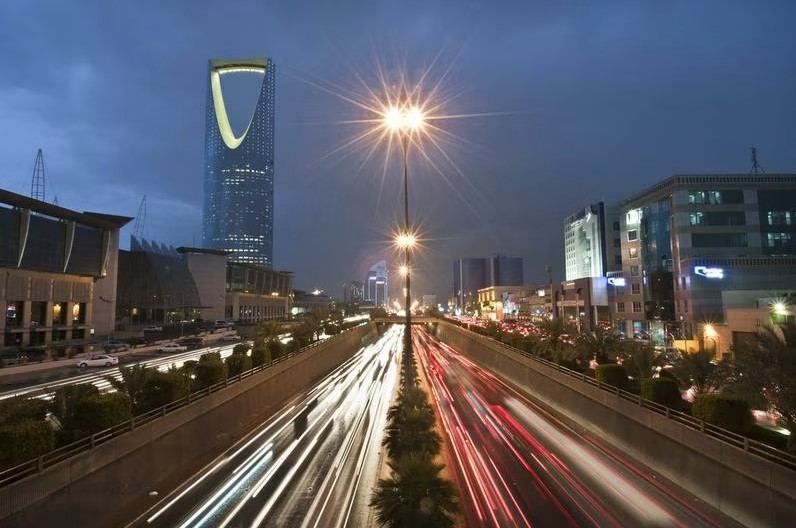Project will involve the use of new materials to cope with summer temperatures
Saudi Arabia has started experimenting with a new cooling method for roads to cope with the kingdom’s summer temperatures.
The experiment involves the use of materials that can absorb smaller amounts of solar radiation by reflecting the sun’s rays.
Roads across the Middle East retain heat during the hot summer days when the mercury can reach 50ºC or more.
This heat is then released at night making temperatures hotter. This phenomenon is called ‘heat island’ that leads to increased energy consumption and air pollution, Saudi Press Agency reported.
Heat islands are urbanised areas that experience higher temperatures than outlying areas.
Structures such as buildings, roads and other infrastructure absorb and re-emit the sun’s heat more than natural landscapes such as forests and water bodies.
The degree of surface temperature of cool pavements is lower than that of traditional pavements.
The ‘Cooling Asphalt Surfaces’ initiative by the General Authority for Roads and Ministry of Municipal and Rural Affairs and Housing will aim to reduce the temperature in neighbourhoods and residential areas.
This technology will also contribute to providing a more comfortable environment in waiting areas for public transportation and areas where people assemble, said SPA.










